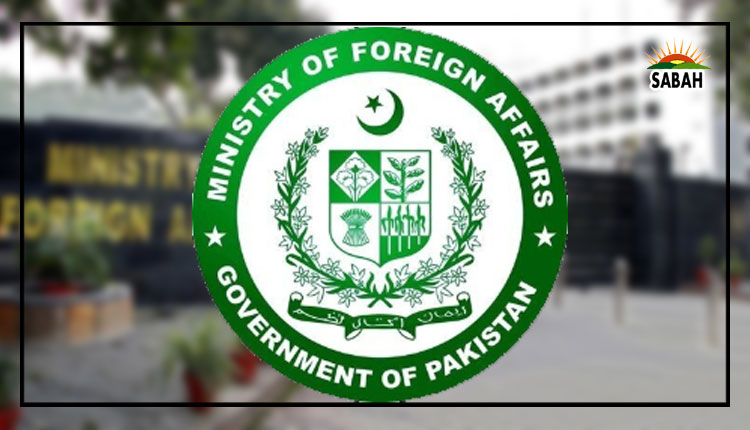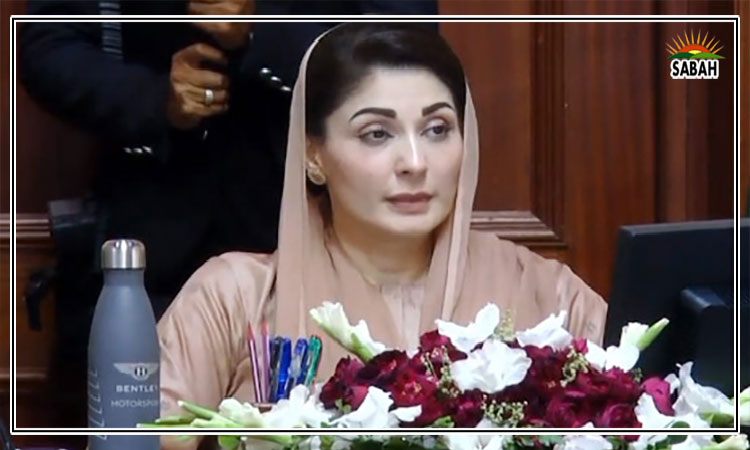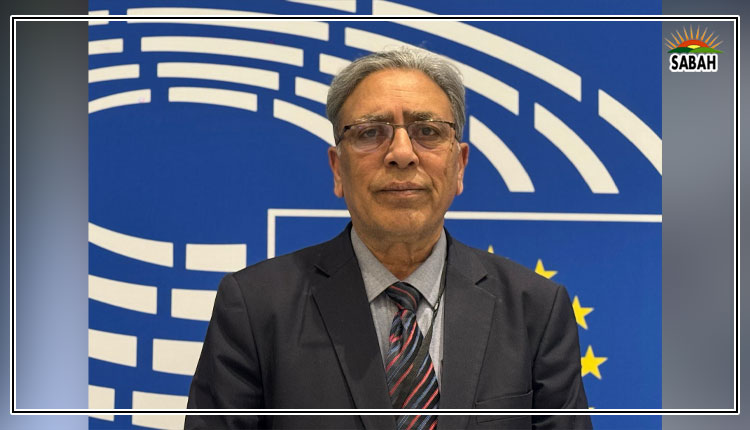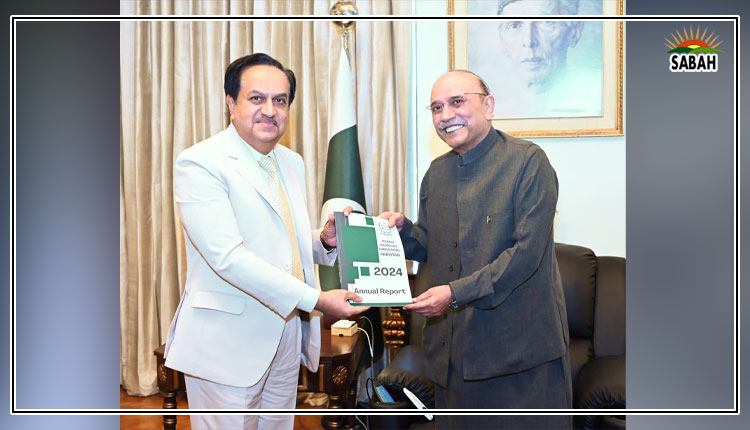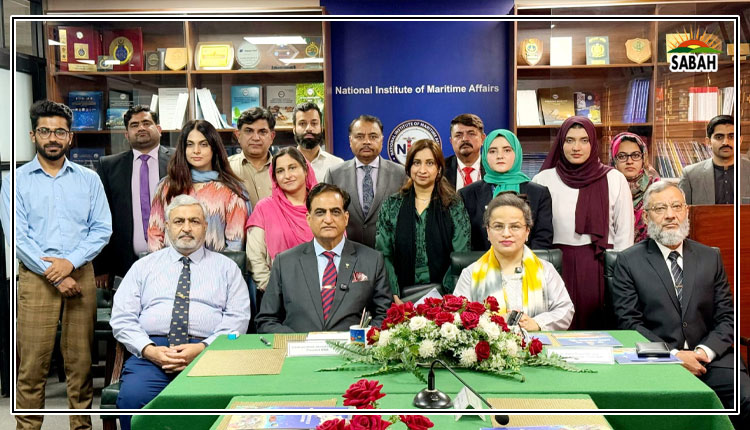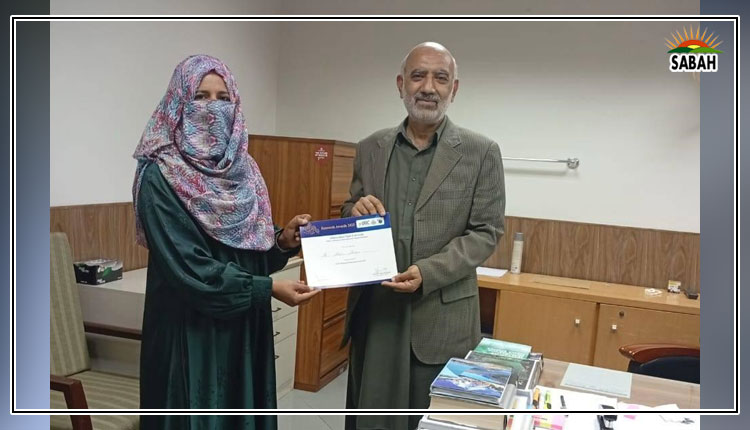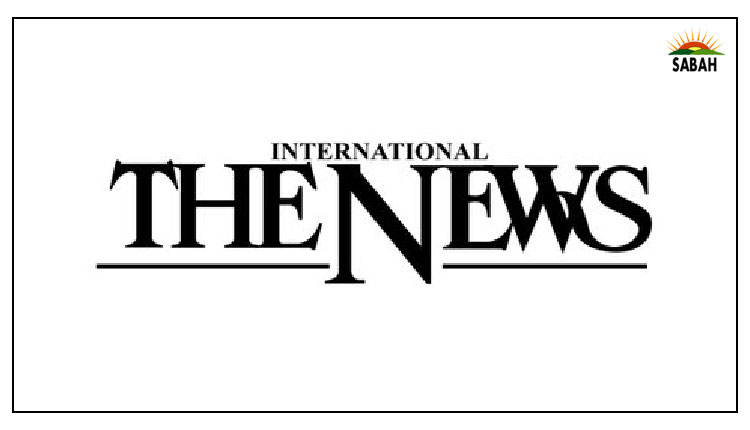Politics in Balochistan…Mahmood Ahmadzee
A tug of war over bagging the future coalition government in Balochistan has already started between the PPP and PML-N, leading to some confusion among electables over which one of these parties is a potential favourite of the powers-that-be in the next general elections.
Unlike the past, this time both the PPP and the PML-N are close to the power-wielders in the country, and both parties are busy engaged in securing the best deal in the future setup. Electables from other parts of the country also keep changing their loyalties, but the electable lot in Balochistan does it much more rapidly mostly because of misuse (read: abuse) of public development funds in the province. In the given situation, it is hard for one to predict about the future government formation in the province.
It is expected that the general elections will be held some time in November or December after the formation of caretaker governments in Islamabad, Sindh and Balochistan. Consultation has started between the government and the opposition parties for a caretaker setup in Balochistan and Senate Chairman Sadiq Sanjrani who holds a strong influence in the present coalition as well as among opposition groups is trying to involve those people in the caretaker government who may serve the interests of these parties and obviously of him in day-to-day government affairs as well as during the election process.
There is another lobby within the Balochistan Awami Party which doesnt want to give a free hand to Sanjrani in this regard and would rather the Election Commission of Pakistan decide the caretaker setup in the province. The PPP and PML-N have no say in the caretaker governments formation in Balochistan because of their failure to win a single provincial or National Assembly seat from the province in the 2018 elections. Despite that, both would like some influence in the caretaker government through the power structures in the country.
It is said that these power structures had decided a few months ago to dissolve the Balochistan Awami Party for its failure in getting the desired equations on the political scene, and after that have BAPs MPAs join the PPP. This idea was apparently later dropped and these assembly members were asked to wait till the caretaker setup was formed. Three members of the BAP Saleem Khoso, Arif Jan Mohammad Hassani and Zahoor Khoso have already joined the PPP fold while one PTI MNA from Balochistan Khan Jamali recently met PPP supremo Asif Ali Zardari in Karachi and announced his decision to join the party.
This is not all. Two sitting MPAs of the PTI Mir Niamat Zahri, the younger brother of PPP leader Nawab Sanaullah Zahri, and Umar Jamali, the son of former prime minister late Mir Zafarullah Jamali are also expected to announce their decision of joining the PPP in the coming weeks.
The BAP was formed a few weeks before the 2018 general elections to counter the Baloch nationalist parties narrative, which is seen by those in powerful quarters as supporting banned organizations in one way or the other. But the electable lot within the BAP disappointed their patrons due to their poor performance in promoting the state’s narrative and countering nationalist forces, particularly in Baloch areas where insurgency has been at its height. These individuals also became infamous for their alleged massive corruption.
The PPP, however, seems to believe at least on the face of it that it does not need to rely on electables and is strong enough to get the required number of seats in the coming elections to form a PPP-led ruling coalition in Balochistan. The PPP proved itself a leading party in Balochistan in the recent local bodies elections by bagging chairmanships in seven out of 32 districts. This was mainly possible due to shifting loyalties by electables and notables of the region.
In contrast, no political activity is visible on the part of the PML-N except rumoured closed-doors meetings by its local leaders with BAP MPAs and former members for bringing them into the party fold. The party is also expecting a large group of electables will soon be joining the PML-N in the next few weeks. Per informed sources, there is still some doubt about there being a PPP-led ruling coalition in Balochistan come the next election, and that instead the PPP could be a partner in the provincial government.
By most estimates, the structure of the caretaker setup will clarify further which party is set to be the main beneficiary in the next setup. The JUI-F, which has 10 seats in the Balochistan Assembly at the moment, is expected to bag more or less 8-10 seats and would love to join any coalition government whether formed by the PPP or the PML-N.
This time nationalist parties may not perform well in the elections because of their sharp differences. The Balochistan National Party (Mengal), which bagged nine seats in the 2018 elections, is in a weak position due to some unpopular decisions like supporting CM Mir Abdul Quddus Bizenjo and joining the PMLN-led government in the centre. Bizenjo has been criticized for alleged corruption in the government, bad governance and ‘invisibility’.
The BNP has been taking part in elections in alliance with the JUI-F on a give-and-take basis. The National Party had its chief minister in 2013 but failed to win a single seat in the 2018 elections. If the BNP and JUI go into an alliance with the National Party in the coming elections against the electable lot, all can benefit each other otherwise, the latter may enter into an alliance with the PPP and other local groups.
Similarly, the Pashtunkhwa Milli Awami Party (PkMAP) led by Mahmood Khan Achakzai recently received a severe setback due to internal divisions that resulted in the formation of another group led by Khushal Kakar, the son of late senator Usman Khan Kakar. Achakzai is dependent on the JUI for securing his National Assembly seat from Killa Abdullah-Chaman. These nationalist groups are expected to bag 3-4 seats in the province.
As the PPP and PML-N gear up in their efforts to score more electables, the latter seem confused probably waiting for the green signal they always get for their political decisions. It may be recalled here that the PPP got nine seats in the direct elections against the PML-N which bagged 22 seats in the 2018 elections, but managed to form its government in Balochistan led by Nawab Aslam Raisani.
The writer is a freelance contributor.
Courtesy The News


